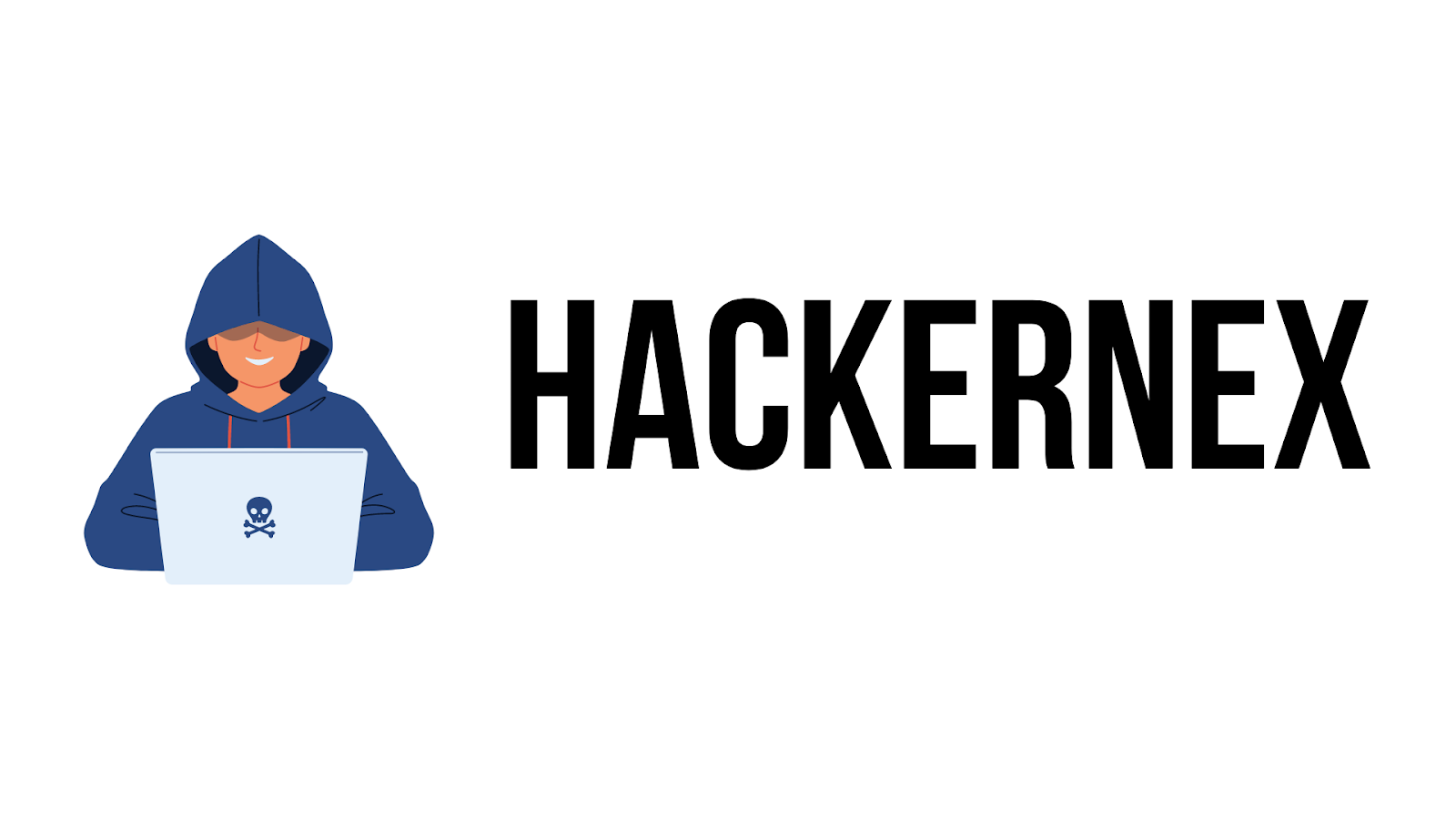Introduction to Ethical Hacking: A Comprehensive Guide
What is Ethical Hacking?
Ethical hacking, also known as penetration testing or white-hat hacking, involves legally breaking into computers and devices to test an organization's defenses. Unlike malicious hackers, ethical hackers use their skills to improve security by identifying vulnerabilities before they can be exploited by cybercriminals.
The Role of an Ethical Hacker
Ethical hackers are cybersecurity experts who use their skills to safeguard systems, networks, and data. They perform a variety of tasks, including:
- Penetration Testing:
- Simulating cyberattacks to identify and fix security weaknesses.
- Vulnerability Assessment:
- Scanning systems and applications for known vulnerabilities.
- Security Audits:
- Conducting thorough examinations of security policies and practices.
- Incident Response:
- Investigating breaches and mitigating their impact.
- Security Research:
- Keeping up with the latest threats and developing new defense mechanisms.
Skills Required for Ethical Hacking
Becoming an ethical hacker requires a diverse set of technical skills and a deep understanding of how systems and networks operate. Key skills include:
- Networking:
- Knowledge of network protocols, IP addressing, and network security.
- Operating Systems:
- Proficiency in multiple operating systems, especially Linux, Windows, and macOS.
- Programming:
- Ability to write and understand code in languages such as Python, JavaScript, C/C++, and Bash.
- Web Technologies:
- Understanding of web development, including HTML, CSS, JavaScript, and backend technologies.
- Cryptography:
- Knowledge of encryption techniques and protocols.
- Social Engineering:
- Understanding of psychological manipulation techniques used to trick users into divulging confidential information.
Ethical Hacking Tools
Ethical hackers use a variety of tools to conduct their work. Some of the most popular tools include:
- Nmap:
- A network scanning tool used to discover hosts and services on a computer network.
- Wireshark:
- A network protocol analyzer that captures and analyzes network traffic.
- Metasploit:
- A framework for developing and executing exploit code against a remote target machine.
- Burp Suite:
- An integrated platform for performing security testing of web applications.
- John the Ripper:
- A password-cracking tool.
- Aircrack-ng:
- A suite of tools for assessing WiFi network security.
Certifications for Ethical Hackers
Certifications can validate an ethical hacker's skills and knowledge. Some of the most recognized certifications include:
- Certified Ethical Hacker (CEH):
- Offered by EC-Council, this certification covers a wide range of security topics and tools.
- Offensive Security Certified Professional (OSCP):
- Offered by Offensive Security, this hands-on certification requires passing a challenging practical exam.
- Certified Information Systems Security Professional (CISSP):
- Offered by (ISC)², this certification focuses on a broader range of security practices and principles.
- GIAC Penetration Tester (GPEN):
- Offered by GIAC, this certification focuses on penetration testing methodologies and best practices.
Ethical Hacking Methodologies
Ethical hackers follow structured methodologies to ensure comprehensive and effective security testing. Common methodologies include:
- Reconnaissance:
- Gathering information about the target through passive and active methods.
- Scanning:
- Identifying open ports, services, and vulnerabilities using tools like Nmap.
```html
passionate about cybersecurity and enjoy solving complex problems, a career in ethical hacking might be the perfect fit for you.
For more information and resources, consider visiting reputable websites such as:
Feel free to reach out if you have any questions or need further assistance on this topic!

